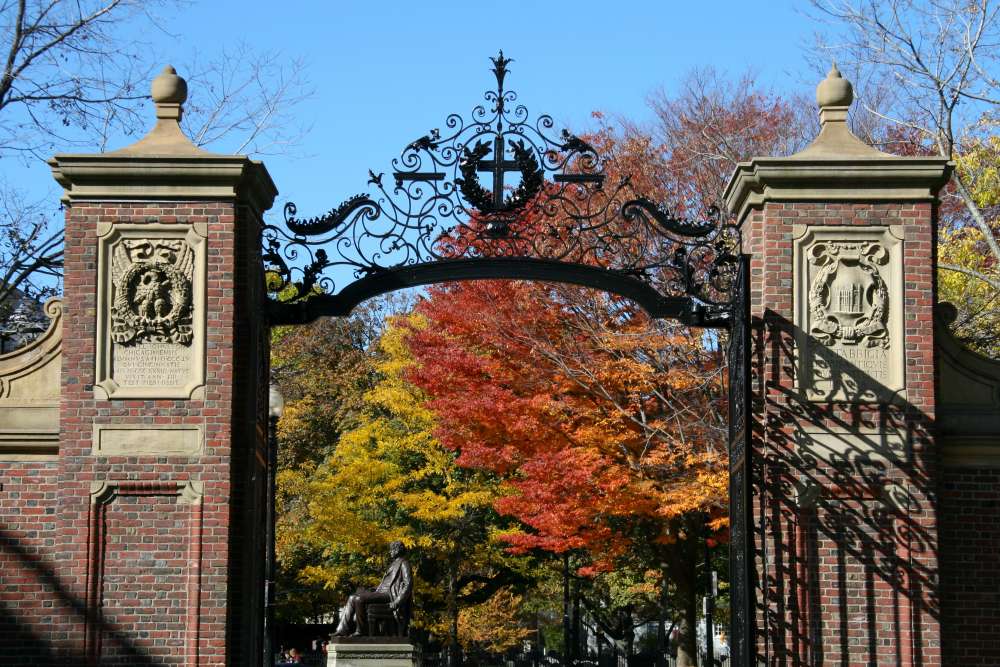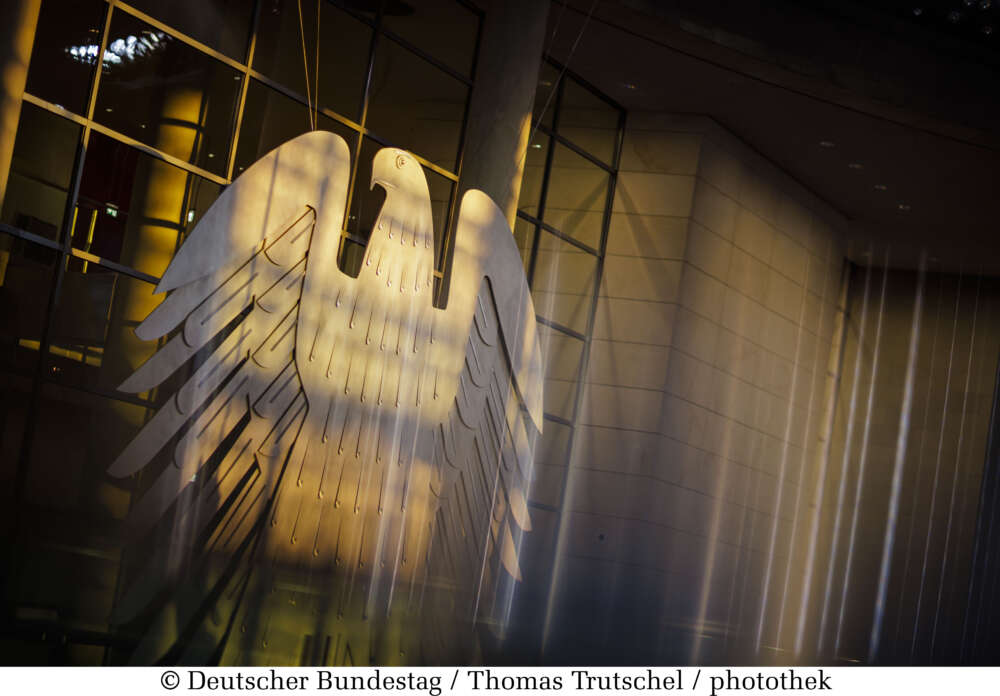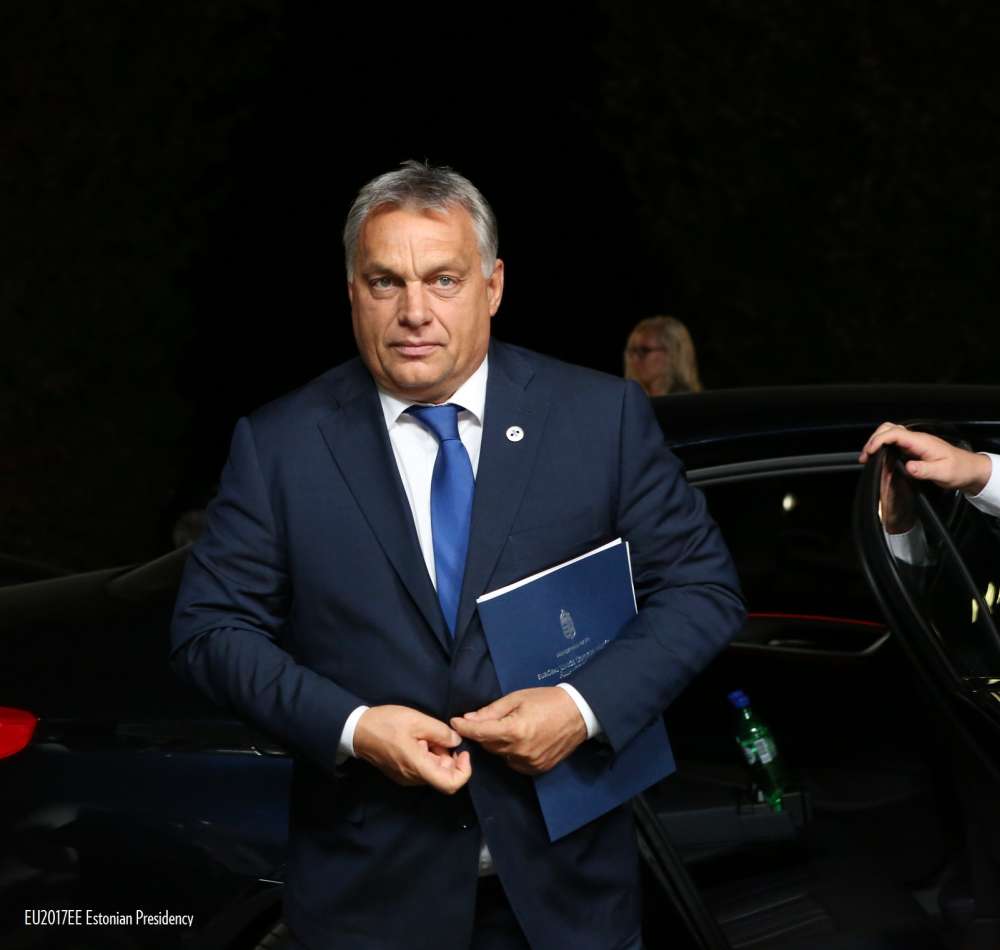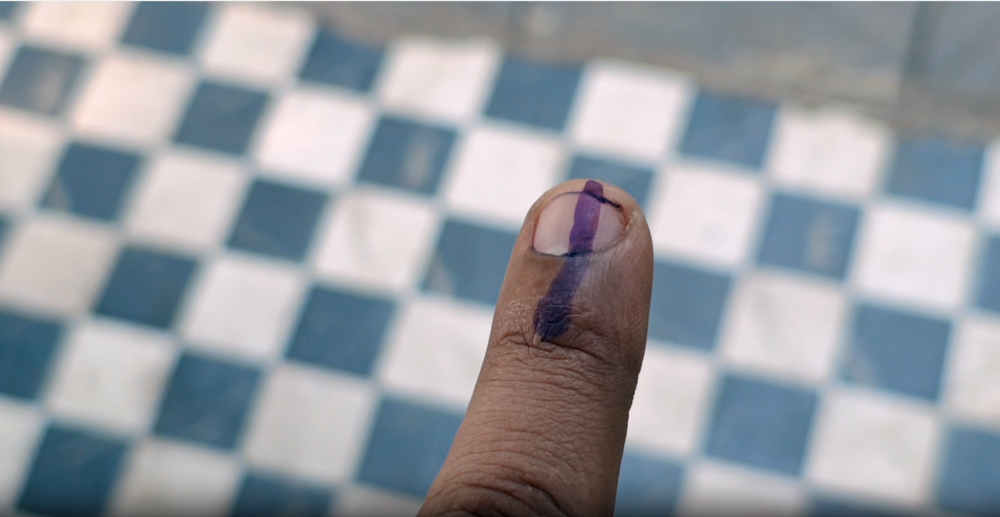It’s Time for Think Tanks and Universities to Take the Democracy Pledge

The murder of Jamal Khashoggi has put the spotlight on think tanks and universities receiving funding from the Saudi regime. Under pressure by media reports, a few think tanks, such as the Brookings Institution, the Center for International Studies and the Middle East Institute, have decided to return Saudi money. Top universities such as Harvard, MIT and Georgetown have so far gotten away with their ties to the Saudi regime without confronting much public scrutiny. This makes it clear that most will act only when a questionable source of funding blows up in their faces.
Saudi funding is just the tip of the iceberg. Money from authoritarian governments is flowing into scholarship, not only from the Persian Gulf but also from the likes of China and Turkey. If leading think tanks and universities want to regain their credibility, they need to change course and commit to a “democracy pledge” to accept funding only from democracies.
The work of think tanks and universities is premised on independence, integrity and the search for truth. They are part of the very fabric of liberal democracy and embody the values of open societies. They stand for everything authoritarians despise: open debate, independent judgment, freedom of thought and freedom of speech. If think tanks and universities sell their brands to authoritarians, that has a corrosive effect not just on their own credibility. It also erodes their role as trustworthy pillars of liberal democracy.
That is why it is so harmful when leading think tanks and universities partner with authoritarians. In some cases, to be sure, the money is put to good use. The holders of the Prince Alwaleed Bin Talal professorships at Harvard may well do good teaching and research. Still, it’s hard to square Saudi funding with the university’s founding promise of “veritas” (truth). (A Harvard spokesperson declined to comment.) Last March, Harvard and MIT correspondingly both kept low public profiles as they rolled out the red carpet for Saudi Crown Prince Mohammed bin Salman. The Saudi PR machine celebrated both visits. MIT President L. Rafael Reif justified Saudi funding as part of MIT’s strategy of “engaging with the world.” According to Reif, this strategy includes “work on subjects of important shared interest by parties whose values and actions in other areas we reject.” Top U.S. universities seem to have learned nothing from the experience of the London School of Economics, which accepted funding from Libyan dictator Moammar Gaddafi (and his son as a PhD student).
It is high time for top universities and think tanks to change course and sign a democracy pledge to accept funding only from fellow democracies (i.e., countries classified as “free” in the Freedom House index). Some think tanks, such as the Hudson Institute and the German Marshall Fund of the United States, already subscribe to such a policy.
Implementation should be strict to ensure that authoritarian funding does not slip in through U.S. middlemen. Similarly, funding from donors who are now U.S. citizens but have close business ties to such regimes should be off limits. Leonard Blavatnik, a Soviet-born American British billionaire who is a longtime friend and business associate of Kremlin insider Viktor Vekselberg, recently gave $200 million to Harvard Medical School to endow two projects that bore his name, while his donation of $50,000 to Hudson’s annual gala caused the founder of its Kleptocracy Initiative to quit. (“The Blavatnik Family Foundation sponsored a table to our annual gala,” said a Hudson spokesperson at the time. “We are grateful for all those who are supporting Hudson’s work tonight.”) The democracy pledge should also exclude funding from companies headquartered in non-democracies.
In the short term, signing the democracy pledge will mean less funding. In the medium term, however, foundations and philanthropists committed to democracy will hopefully reward those who stick to the pledge. Democratic governments should learn that defunding higher education makes universities more likely to accept authoritarian funding.
Authoritarian money is not a problem just in the United States. But the United States is the undisputed leader in the field of think tanks and universities. Fifteen years ago, it was my experience with U.S. think tanks and universities that inspired me to co-found a nonprofit think tank in Germany. In the meantime, increasing authoritarian funding has cost the U.S. model a great deal of credibility. It needs to reset itself in order lead by example for the rest of the democratic world.
…
This commentary was originally published in The Washington Post on January 16, 2019.







